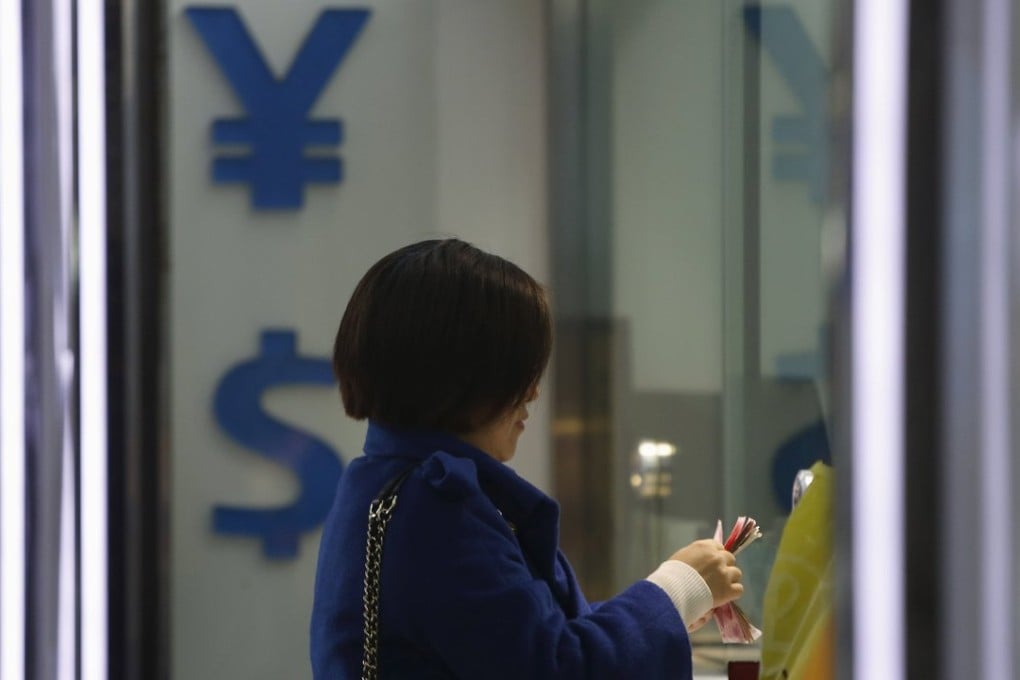Firms build up hedges against yuan-depreciation risks
As the yuan continues to fall against the US dollar, Chinese exporters are looking to shift exchange risk to offshore buyers

Onshore Chinese corporations are cutting exposure to US dollar-denominated debt and ramping up trade settled in yuan as a hedge against the mainland’s depreciating currency, according to a survey by Standard Chartered.
The findings from the survey of 173 company treasurers and senior executives around the world came just a day after mainland China’s foreign exchange reserves hit a 33-month low and highlighted the strong expectations among businesses that the yuan will continue to depreciate well into 2016.
About 80 per cent of onshore exporters said they expected yuan trade settlements to increase over the next six months, compared with only 33 per cent of exporters outside the mainland. The figures show a growing need on both sides of the settlements to protect against further slides in the value of the yuan.
Chinese exporters would look to keep trade in the mainland currency – also known as the renminbi (RMB) – “probably because they also want to shift their [foreign exchange] exposure to their offshore suppliers and buyers”, said Carmen Ling, head of RMB solutions at Standard Chartered.
Regionally, yuan-denominated trade settlements have grown rapidly this year.
Swift said last week that the yuan has become the second-most-used currency for payments between Japan and China, including Hong Kong.
China’s authorities may have beefed-up their interventions in onshore and offshore markets to defend the RMB exchange rate in the run-up to the IMF’s decision
